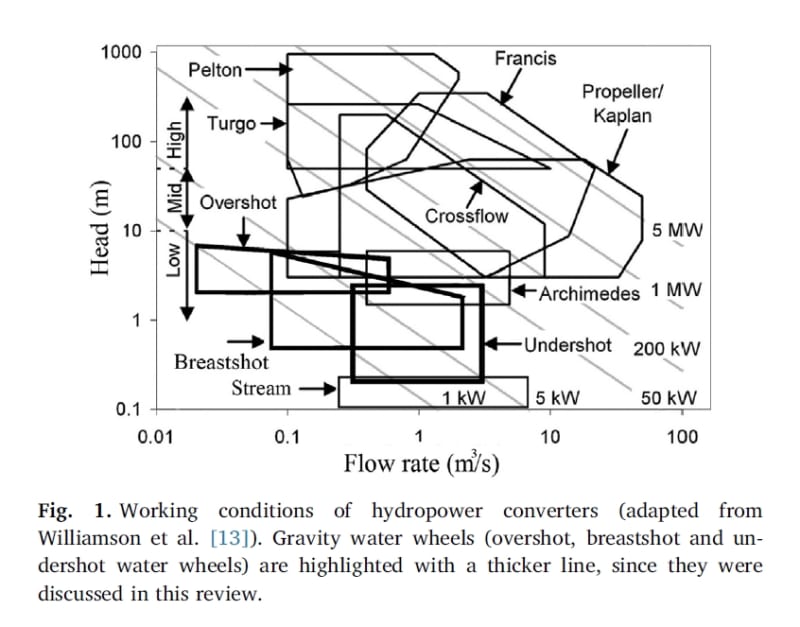stevepoxy456
Mechanical
Hello,
I’m not an engineer, but I play around with very basic engineering projects using Fusion 360 and my FDM 3D printer. I’m interested in possibly building a series of small water wheels in a stream close to my house to generate electricity, but before I invest time/money into such a project, I want to do whatever research I can to determine if it’s worth it or not.
To do such a project, some of the factors I would need to know is:
• How big the wheel would have to be?
• How much friction would the generator make that the wheel would have to go past in order for it to work?
• How fast it would have to spin, etc.?
I’m not asking anyone here to ‘do the math’ for me. Rather, I’m asking if anyone could point me in the direction of resource(s) that would help me figure this out. I’m VERY much at a beginner level, keep in mind, and this is really just an interested for me, so please no wise-guy answers like ‘go to college!’ or similar. I’m not looking to change careers or anything.
Another thing I was wondering, is there software that helps figure out engineering problems like I described?
Also, if there's another forum (or place in this forum) that would be better suited to post this question, please let me know.
Thank you for your time.
I’m not an engineer, but I play around with very basic engineering projects using Fusion 360 and my FDM 3D printer. I’m interested in possibly building a series of small water wheels in a stream close to my house to generate electricity, but before I invest time/money into such a project, I want to do whatever research I can to determine if it’s worth it or not.
To do such a project, some of the factors I would need to know is:
• How big the wheel would have to be?
• How much friction would the generator make that the wheel would have to go past in order for it to work?
• How fast it would have to spin, etc.?
I’m not asking anyone here to ‘do the math’ for me. Rather, I’m asking if anyone could point me in the direction of resource(s) that would help me figure this out. I’m VERY much at a beginner level, keep in mind, and this is really just an interested for me, so please no wise-guy answers like ‘go to college!’ or similar. I’m not looking to change careers or anything.
Another thing I was wondering, is there software that helps figure out engineering problems like I described?
Also, if there's another forum (or place in this forum) that would be better suited to post this question, please let me know.
Thank you for your time.

